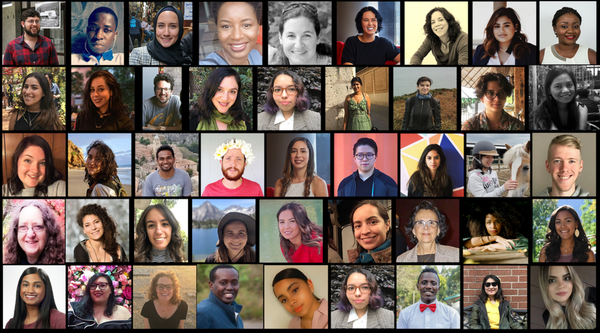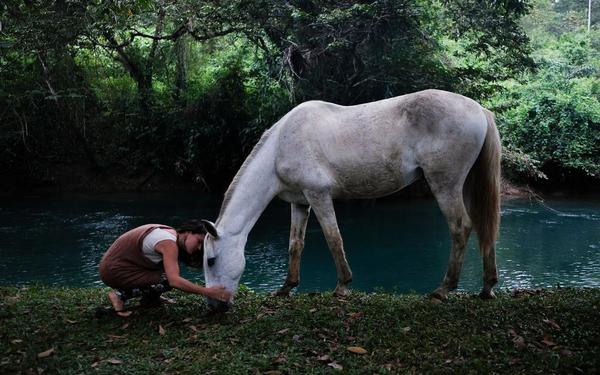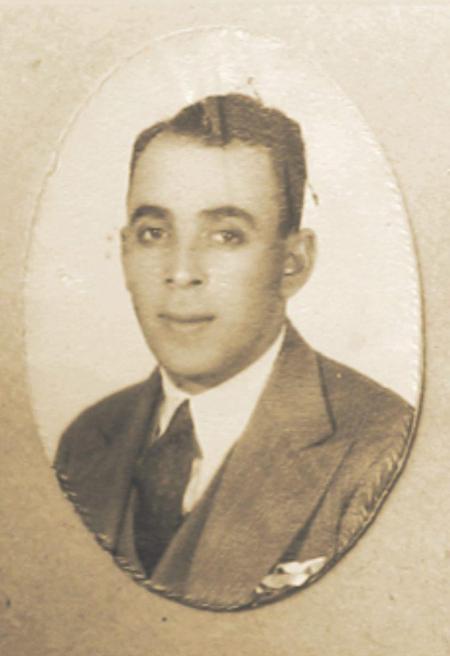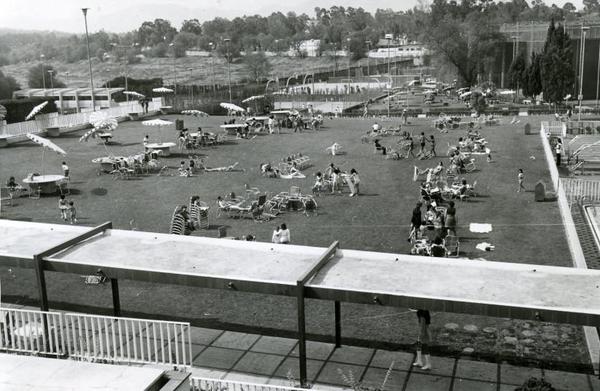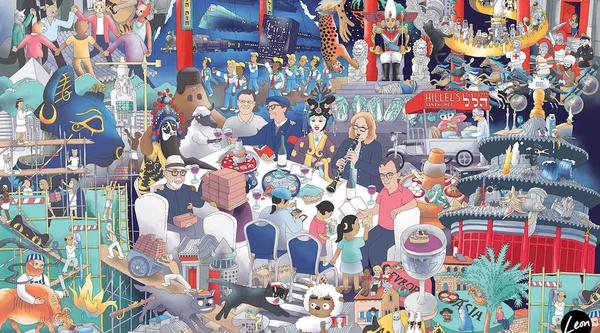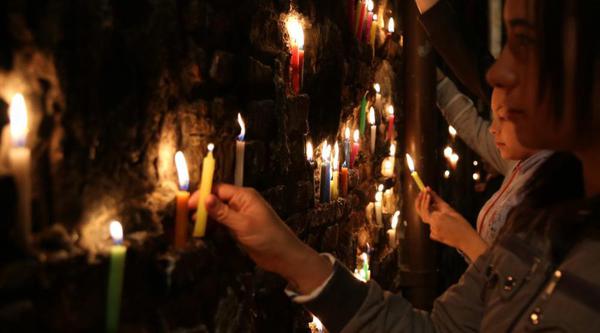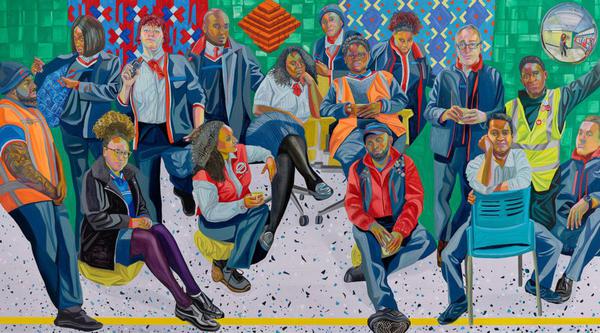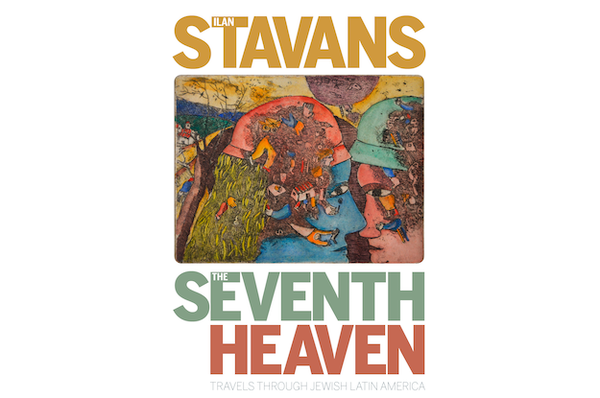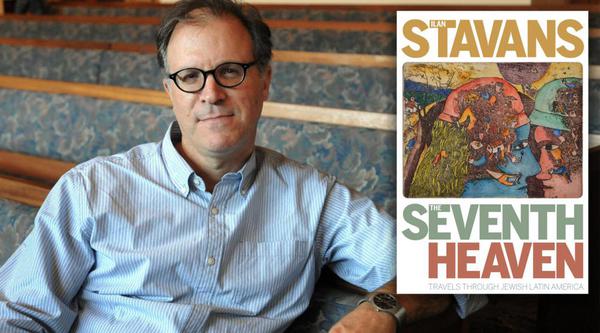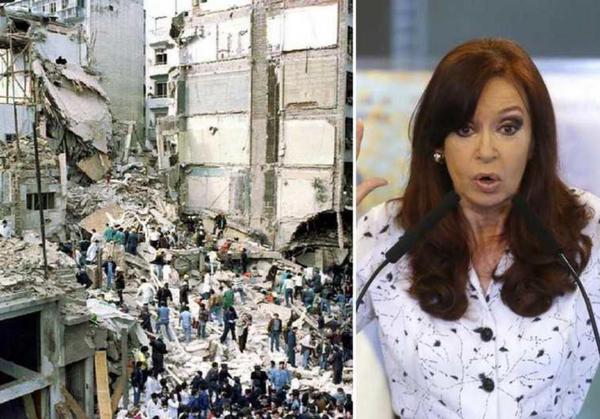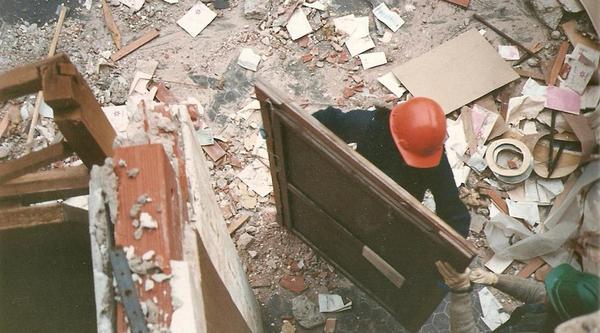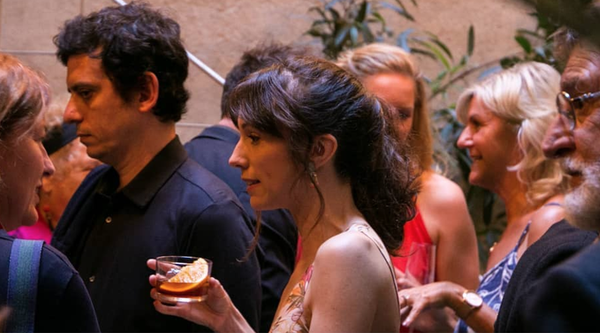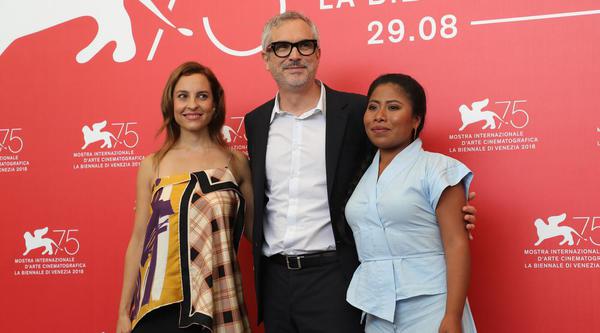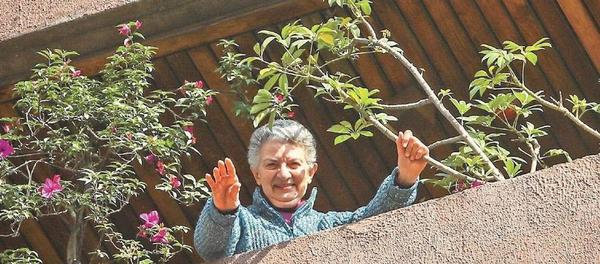
Meet Angelina Muñiz Huberman, a Mexican writer whose novels explore Sephardic history and crypto-Judaism
MEXICO CITY (JTA) — When Angelina Muñiz Huberman was six years old, her mother shut the main door of their apartment in Mexico City and, whispering as if under persecution, told her that she descended from Jews.
“She told me that if I ever needed to get recognized by other fellow Jews,” Huberman said, “I should make the sign of the Kohanim” — a hand gesture representing an ancient priestly blessing, made famous in a different context by a certain “Star Trek” character.
That moment sparked a ke
“She told me that if I ever needed to get recognized by other fellow Jews,” Huberman said, “I should make the sign of the Kohanim” — a hand gesture representing an ancient priestly blessing, made famous in a different context by a certain “Star Trek” character.
That moment sparked a ke

